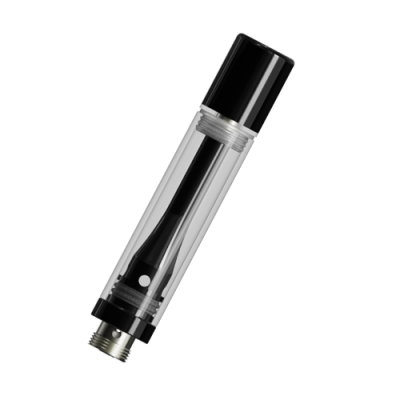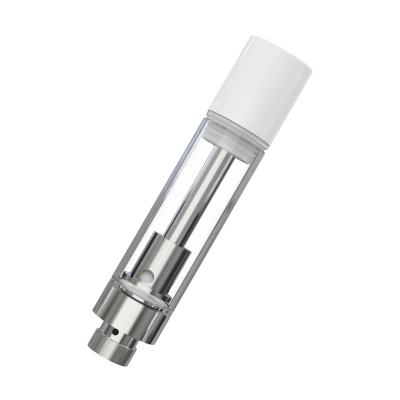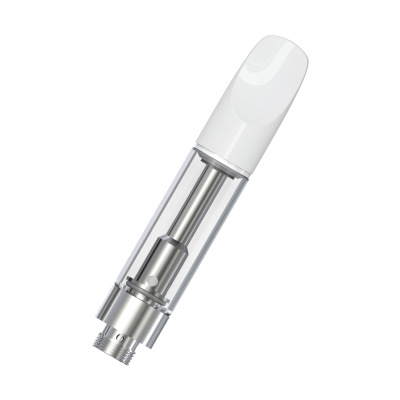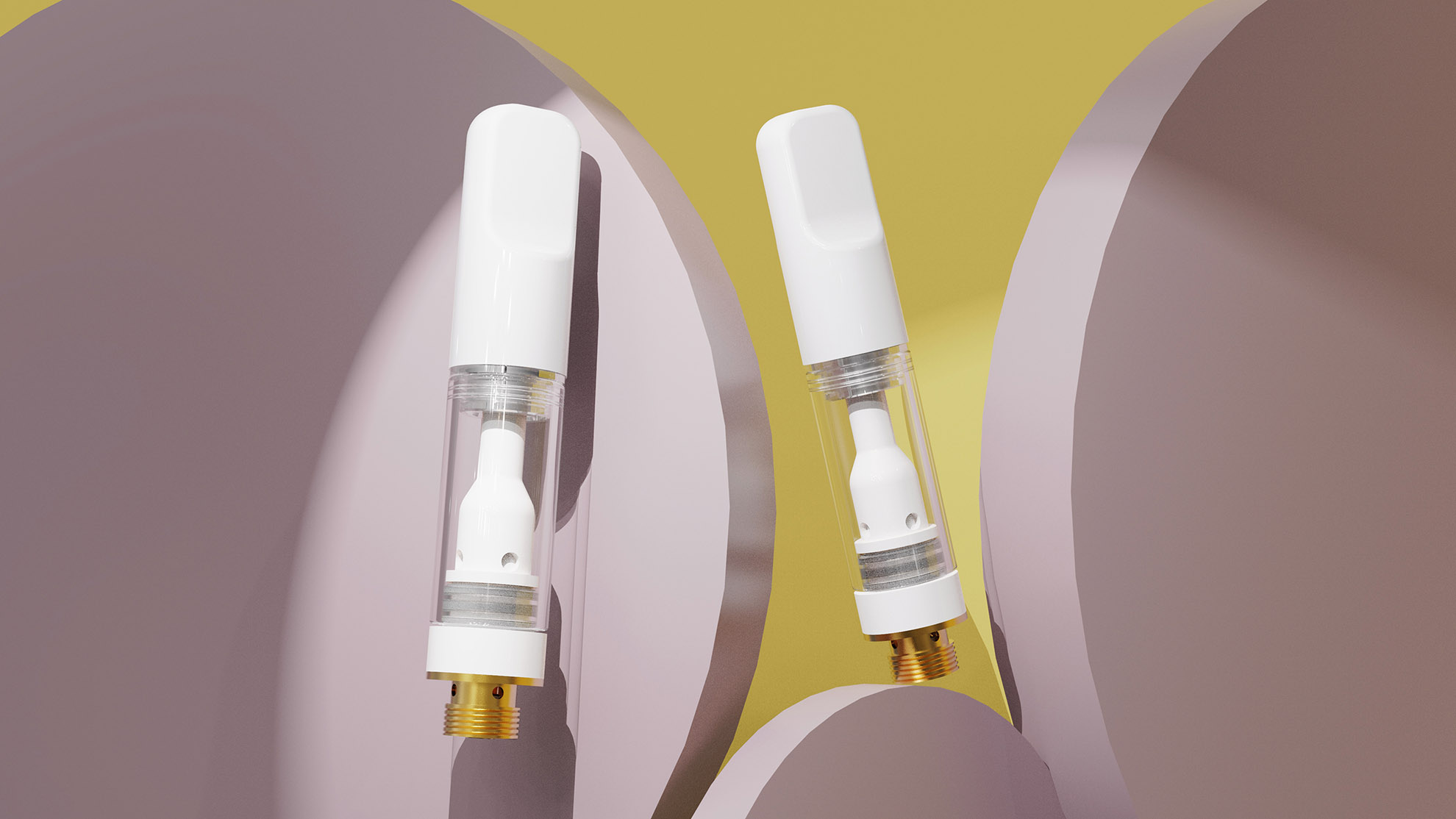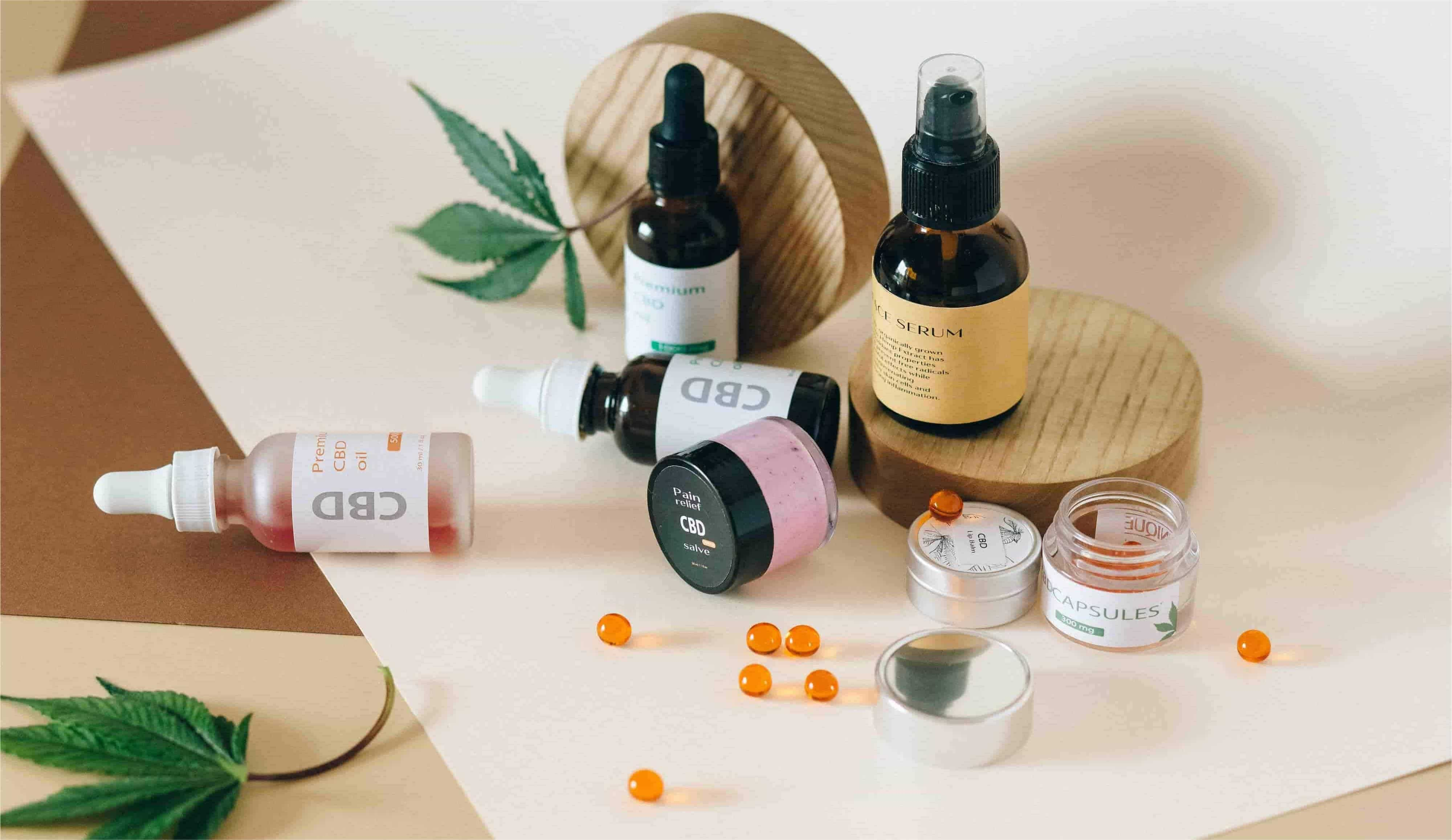On August 28, 2019, former American football star Rob Gronkowski held a press conference in New York, not to announce a comeback as many had anticipated, but rather to unexpectedly introduce and promote Cannabidiol (CBD). Gronk revealed that he had been suffering from sports-related pain for years and had found complete relief through CBD usage. He hoped his story would encourage major sports organizations to allow athletes to choose CBD for alleviating the pain from sports injuries. This isn't the first time CBD products have been endorsed. From athletes to actors, singers to finance moguls, individuals from various industries have embraced them. Morgan Freeman uses CBD and THC to manage fibromyalgia, a condition he developed after a serious accident in 2008, and has been vocal about the benefits of cannabis. Mike Tyson, the former boxer and champion, is currently developing a cannabis farm called the "Cannabis Resort" on 40 acres of land in California for smokers and growers. Recently, he launched his CBD brand, CopperGel®, expected to expand into cannabis beverages, edibles, and creams. Whoopi Goldberg, TV host, writer, and fervent CBD advocate, champions how CBD aids women, especially in alleviating symptoms like spasms, menstruation, cramps, neuropathic pain, and menopausal discomfort. She herself uses cannabis oil to treat glaucoma, pain, and reduce stress. Olivia Wilde, a renowned director, producer, model, and actress, has been using CBD oil to manage physical pain. Michael J. Fox, As a Parkinson's disease patient, Michael J. Fox has been using cannabis oil to manage his condition and established the Michael J. Fox Foundation for Parkinson's Research in 2000. The foundation extensively researches the use of cannabis and CBD to help Parkinson's patients, demonstrating that cannabinoids from CBD protect brain cells through anti-inflammatory and antioxidant mechanisms, helping control appetite, improve mood, and sleep. Melissa Etheridge, a platinum-selling singer, songwriter, and guitarist, used CBD oil to aid in her battle against breast cancer diagnosed in 2004. Having recovered, she is now actively involved in the cannabis industry, helping more patients. Steve Kerr, the professional basketball coach of the Golden State Warriors, advocates for medical cannabis and has been studying CBD and its benefits, particularly in improving pain symptoms. Rihanna, a globally renowned singer and actress, has long been supportive of cannabis use, evident in her social media and songs. Alessandra Ambrosio, a famous Brazilian supermodel, revealed in an interview that she used CBD oil to alleviate anxiety and aid sleep while preparing for the Victoria's Secret fashion show, proving its effectiveness. Anthony and Sergio Pettis are professional mixed martial artists (MMA) and UFC fighters. Anthony was a lightweight champion. Both fighters emphasize that CBD is an integral part of their post-training and fighting t...
Read More

